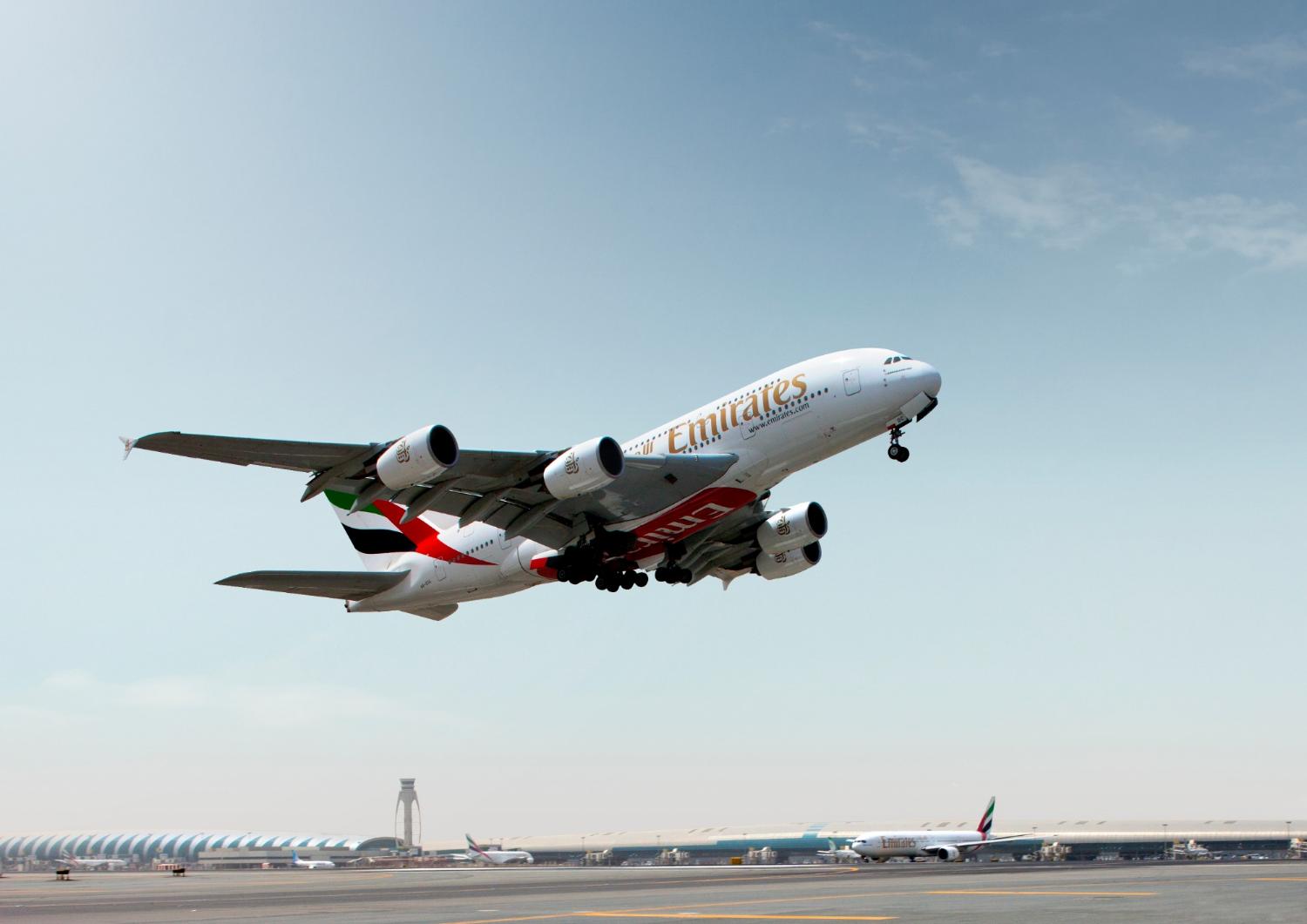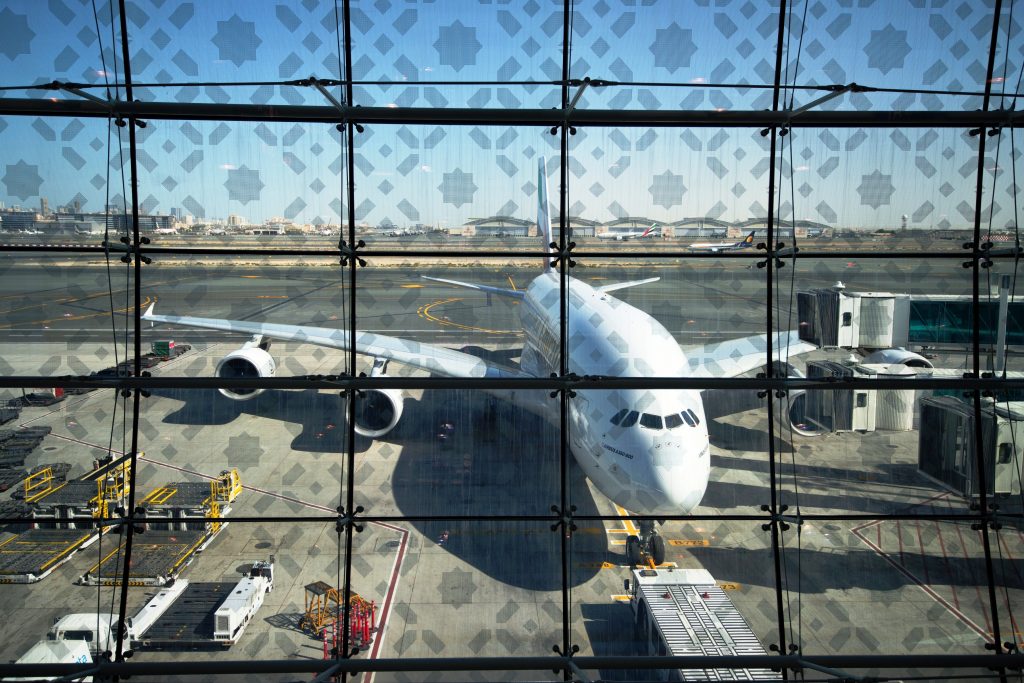
The president of Emirates, one of the world’s largest airlines and by far the biggest operator of Airbus A380 superjumbo’s, has dismissed reports the airline could permanently decommission a large chunk of its A380 fleet as a direct result of the Coronavirus pandemic. The Dubai-based airline has a fleet of 115 Airbus A380’s all of which have all been grounded since March 25. There is no estimate for when the first one might be returned to service.
In an interview with the Financial Times, Sir Tim Clark addressed concerns about the future of the airline’s A380 fleet, denying reports that 46 Airbus A380’s could be permanently decommissioned as Emirates navigates through the Corona-crisis. A couple of weeks ago, Sir Tim announced that the “the A380 is over” and predicted that Emirates’ future aircraft fleet would be dominated by the next generation and much more fuel-efficient Airbus A350 and Boeing 787 Dreamliner aircraft models.

“At the moment, I’ve got 115 sitting there. We’ve always known that up until that point in time . . . in 2022 there are going to be a number that will have to go into long-term storage,” Sir Tim said in the interview which was published on Friday.
“We’re not getting rid of any of them (planes) apart from I think three that are coming out and nine (Boeing) 777s that were scheduled to come out this year,” he continued.
Sir Tim, who has been credited with being the driving force behind the decision to kit out Emirates’ A380’s with a luxe shower spa and onboard bar, said the plane retained a special “place in the Emirates international network on the scale it has before.” Although he conceded that wouldn’t be “today or fully next year but the year after I think there will be a place for it and I think it is going to be extremely popular.”
Earlier this week, Bloomberg reported that the airline was in talks with European aircraft manufacturer Airbus to delay delivery of the last eight A380’s in its final order and that Emirates was even attempting to cancel the last five altogether. Sources claimed Emirates was willing to take on three more A380’s by the end of March 2021 but could refuse to take delivery of the final five after that point.
A spokesperson for the airline simply said that it was “in regular dialogue with Airbus” over the issue.
Emirates’ chairman and chief executive Sheikh Ahmed bin Saeed Al Maktoum warned earlier this month that it could take at least 18-months before travel demand “returns to a semblance of normality” because of the COVID-19 pandemic. Sheikh Maktoum said the airline would continue to take “aggressive cost management measures” as it navigated through the crisis.
Sir Tim wouldn’t, however, be drawn on whether Emirates would start making mass redundancies, with sources claiming at 7,500 cabin crew jobs alone were at risk. “All I will say is that the optimistic [business] scenario is driving what we do now and therefore the business has to be structured in such a way on the basis of that way forward,” he said of reports about potential job losses.
Emirates resumed regularly scheduled passenger services to nine destinations including London Heathrow Frankfurt, Paris, Milan, Madrid, Chicago, Toronto, Sydney and Melbourne yesterday. For the first time since March 25, passengers travelling between the UK and Australia will also be allowed to transit through Dubai International Airport. All flights are currently operated by Boeing 777 aircraft.
Mateusz Maszczynski honed his skills as an international flight attendant at the most prominent airline in the Middle East and has been flying ever since... most recently for a well known European airline. Matt is passionate about the aviation industry and has become an expert in passenger experience and human-centric stories. Always keeping an ear close to the ground, Matt's industry insights, analysis and news coverage is frequently relied upon by some of the biggest names in journalism.







